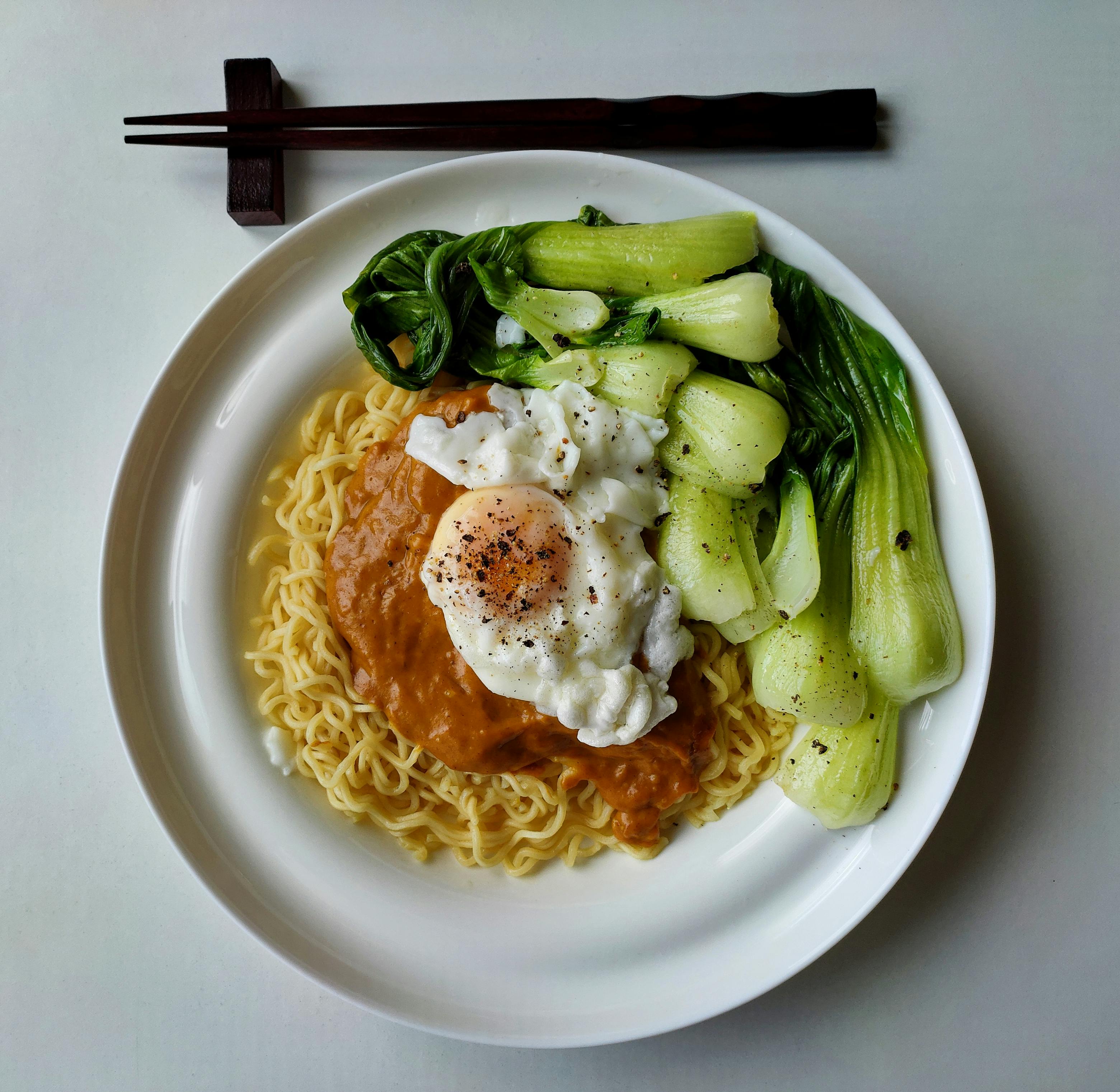Yin and Yang Foods: How Do They Affect You?
Did you know that Yin and Yang, the fundamental principle of Chinese philosophy, also applies to Chinese food and cuisine? In Chinese medicine, all foods can be divided into four Qis: Hot, warm, cool and cold; or yang, soft yang, soft yin and yin respectively.
In general, yang food improves blood circulation and warms us up, but too much yang food (or eaten in the wrong season, for example, in summer) will cause constant thirst, hot flashes, night sweats, and constipation. On the contrary, yin food quenches thirst, cleanses our systems, and cools us down, but if eaten improperly, it will lower our metabolism and weaken our bodies. In particular, according to traditional Chinese, pregnant women are traditionally advised not to eat yin foods (eg, crab, watermelon), as they can increase the chances of miscarriage.
So what are some examples of yin and yang food?
Grains and Beans
- Soft yang (hot food): glutinous rice, black rice, barley, sago, sorghum
- Soft yin (fresh food): wheat, barley, green beans, buckwheat, millet
- Right in the middle: Rice, corn (maize), sweet potato, sesame, soybeans, rice beans, oatmeal, long beans, sweet peas, kidney beans, mung beans, lentils, broad beans
Meat and dairy products
- Soft yang (warm): beef, lamb (lamb), chicken, shrimp, lobster, mussels, goat milk
- Soft yin (cool): duck, abalone
- Yin: duck egg, crab, clam, octopus, squid, snail, raw food
- Just fine: chicken egg and egg white, pork, scallop, fish, cow’s milk, yogurt
Fruits and nuts
- Soft yang (warm): peach, almond, dates, lychee, long yan, lemon, papaya, pine nut, walnut, chestnut, cherry, mango
- Soft yin (fresh): apple, pear, orange, strawberry, pipe
- Yin (cold): persimmon, grapefruit, banana, carambola, kiwi, watermelon, honeydew
- Just fine: plum, pineapple, grape, olive, sunflower seeds, pumpkin seeds, coconut milk, peanuts, hazelnuts
Vegetables
- Soft yang (warm): chives, garlic, leek, coriander / parsley, onion, pumpkin
- Yang (chilli
- Soft yin (fresh): tomato, celery, eggplant, choy shum, spinach, asparagus, artichokes, cauliflower, tofu (including soy milk), gluten, lotus root, winter melon, cucumber, mushroom, needle mushroom
- Yin (cold): bok choy, arrowhead, water spinach, watercress, bamboo shoots, algae, straw mushrooms, bitter melon, water chestnuts
- Just fine: carrot, potato, taro, mushroom, turnip (very soft yin), black mushroom (very soft yin)
Other foods and ingredients
- Soft yang (hot): spices such as young ginger, cloves, dill, rosemary, sage, turmeric, thyme, horseradish, cayenne, nutmeg, wild pepper, cumin, star anise; stimulants such as alcohol, coffee, black tea, and other caffeinated beverages; red sugar, ginseng
- Yang (hot): cinnamon
- Soft yin (fresh): green tea, honey, beer, chrysanthemum tea, mint
- Yin (cold): soy sauce, soybean paste, salt
How does this apply to us?
According to the Chinese, each of us is born yin, yang or somewhere in between. For example, if you always crave spicy food, you may have a “yin” body; And if you love watermelon at any time of the year, you are probably a Yang.
Your health status can also indicate your body’s yin-yang balance.. Constant cold hands and feet? To Yin; Does your throat hurt easily and do you have a bad temper? For Yang. Seasonal and geographic variations will also affect our preference for yin and yang foods.
The advice
- When cooking yin food (applies to most vegetables), add yang ingredients such as garlic, chives, ginger, and coriander.
- Eat seasonal food: let nature guide us to eat.
- Balance diet: If we eat a wide variety of foods, yin and yang will balance.



